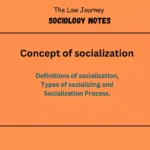
International Relations
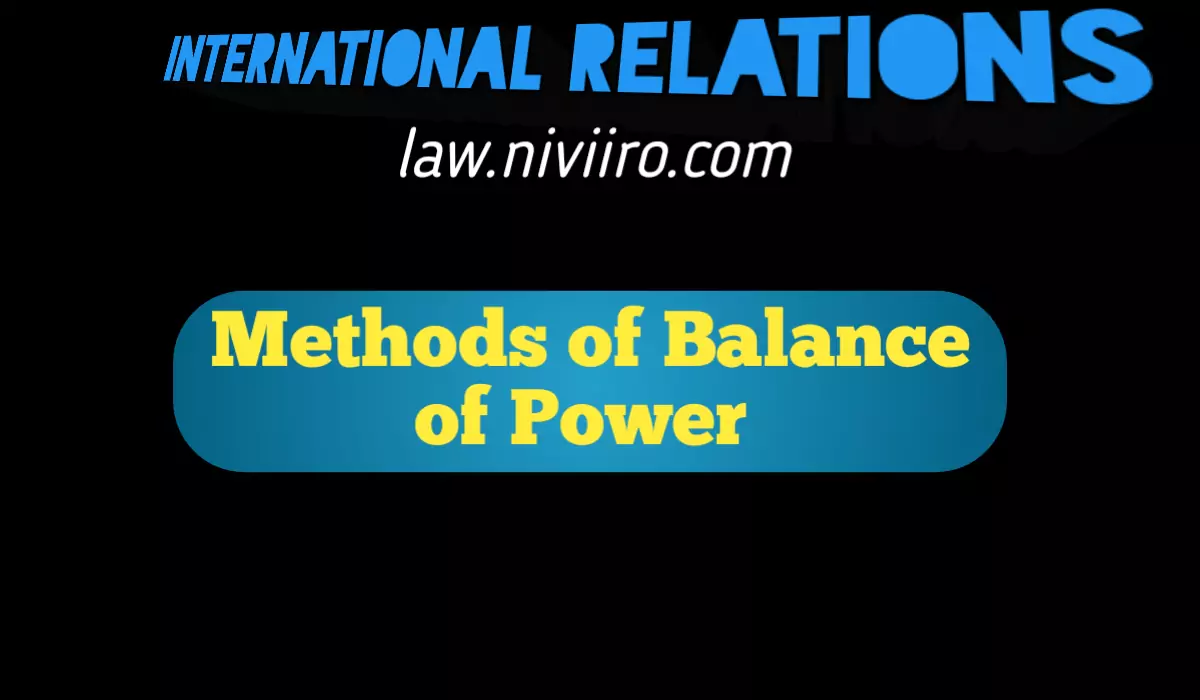
Methods of Balance of Power – International Relations
Methods of Balance of Power – The Balance of Power is neither a gift of God nor an act of nature, but essentially a human contrivance for which the man has to work constantly. To maintain balance of power, the following techniques are being used: (i) Alliances and Counter-Alliances | Methods of Balance of Power…
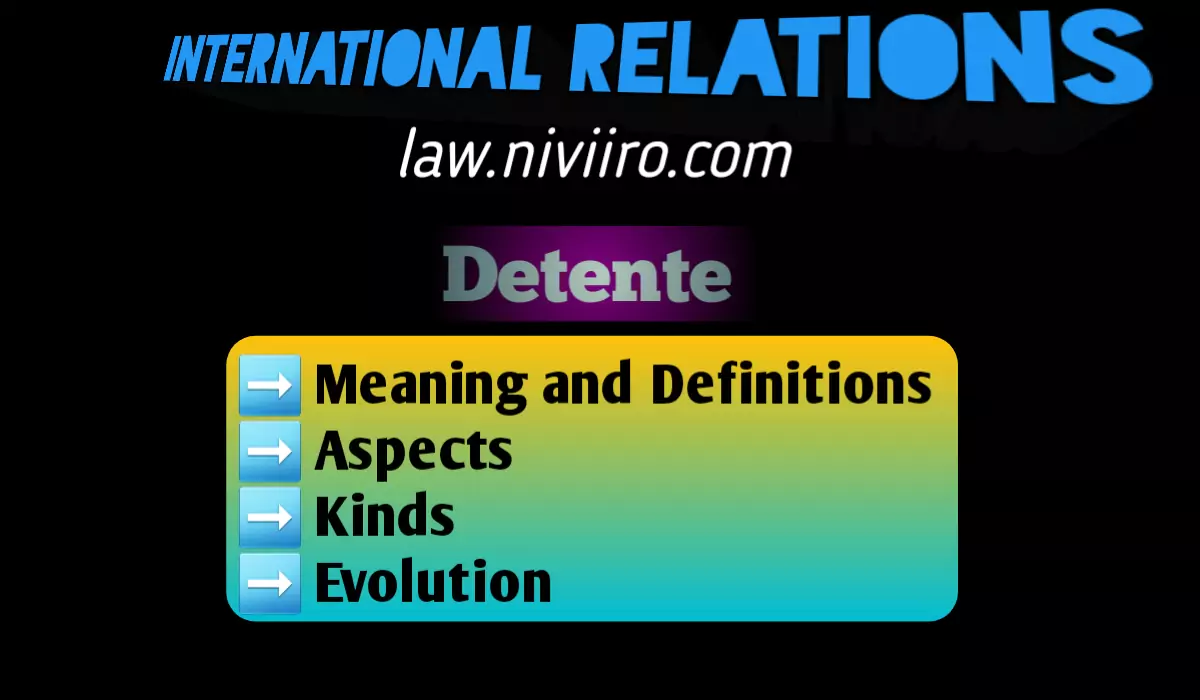
Detente – Meaning | Aspects | Kinds
Detente is a diplomatic phrase that refers to the cession of tense ties between states and denotes the initial phase in the establishment of positive relations as opposed to an approach, according to the Dictionary of Politics. Detente is a phrase commonly used in international affairs to refer to the reduction of Cold War tension…
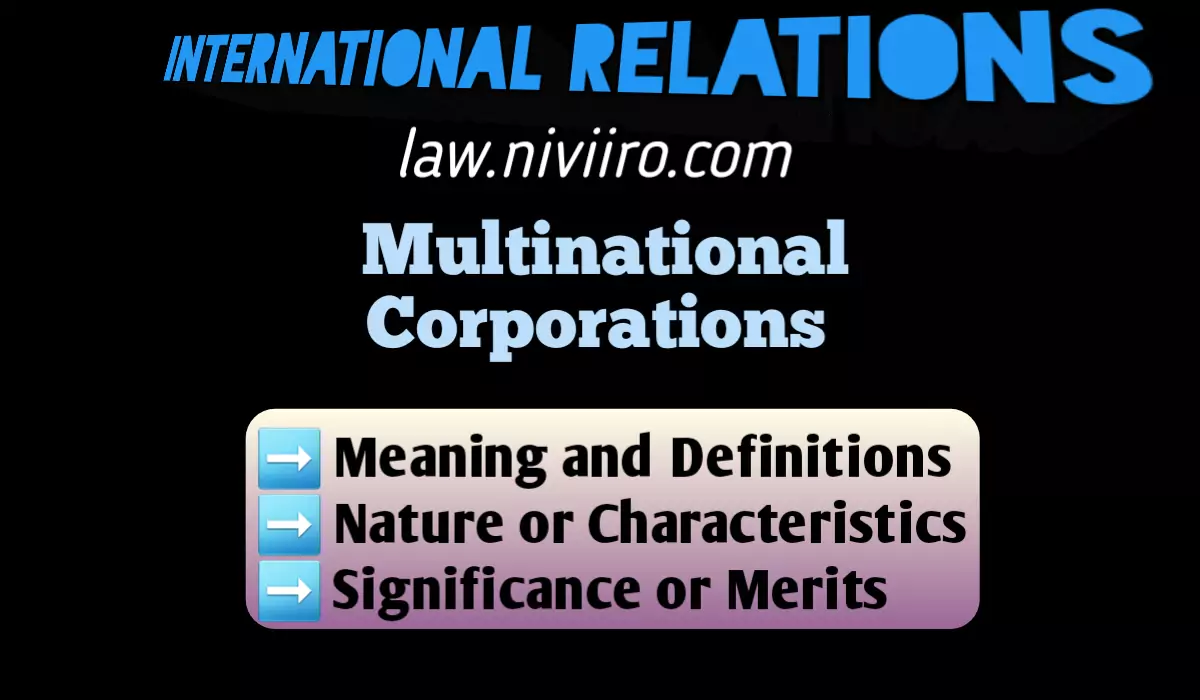
Multinational Corporations – Definitions | Significance
Companies that conduct business internationally are referred to as multinational corporations (MNCs) or multinational enterprises (MNEs). The majority of companies have their headquarters in one nation but operate subsidiaries or branches there as well. MNCs frequently have considerable size and clout, as well as significant economic and political influence. They can have a significant effect…
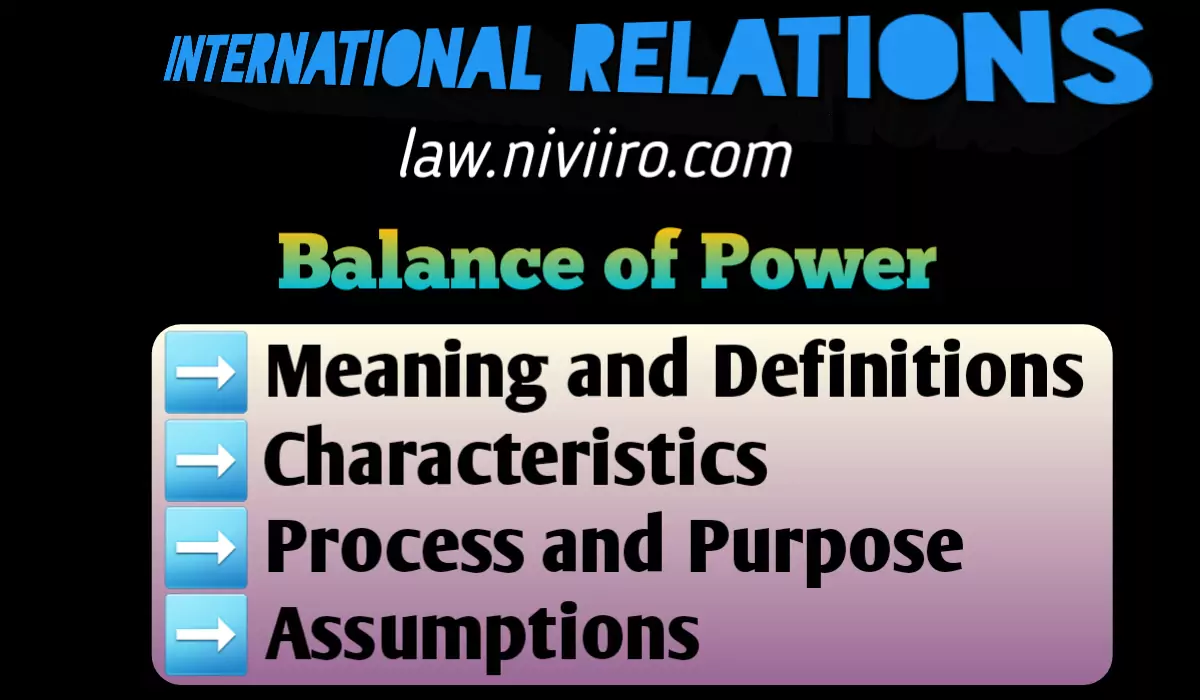
Balance of Power – Meaning | Characteristics | Purpose
The concept of Balance of Power is also called “a basic principle of International Relations” and a “fundamental law of politics.” It is the oldest and most controversial of all the concepts of international politics. As the organisation of civilization began to take the form of nations, the idea of the balance of power gradually…
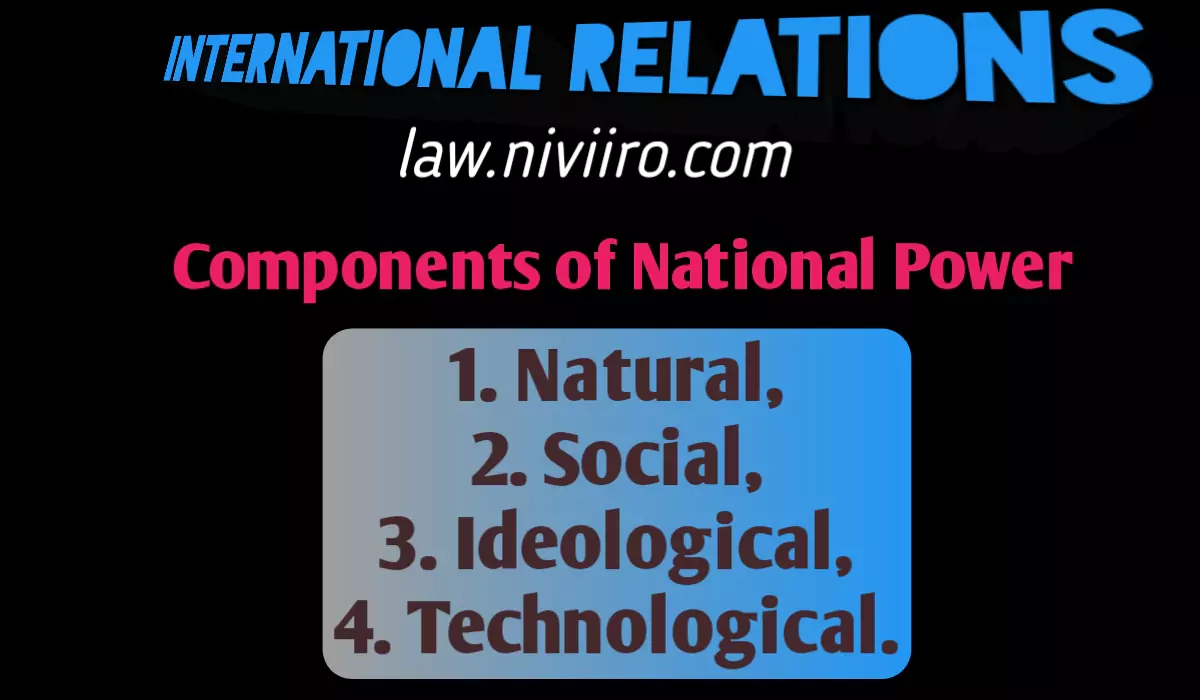
Components of National Power
There are various elements of national power. Morgenthau has divided the elements into two categories – permanent and temporary. Palmer and Perkins divided the elements into tangible, namely geography, raw-materials and natural resources and intagible, namely morale, ideology and leadership. E.H. Carr has divided them into three categories: military power, economic power and power over…
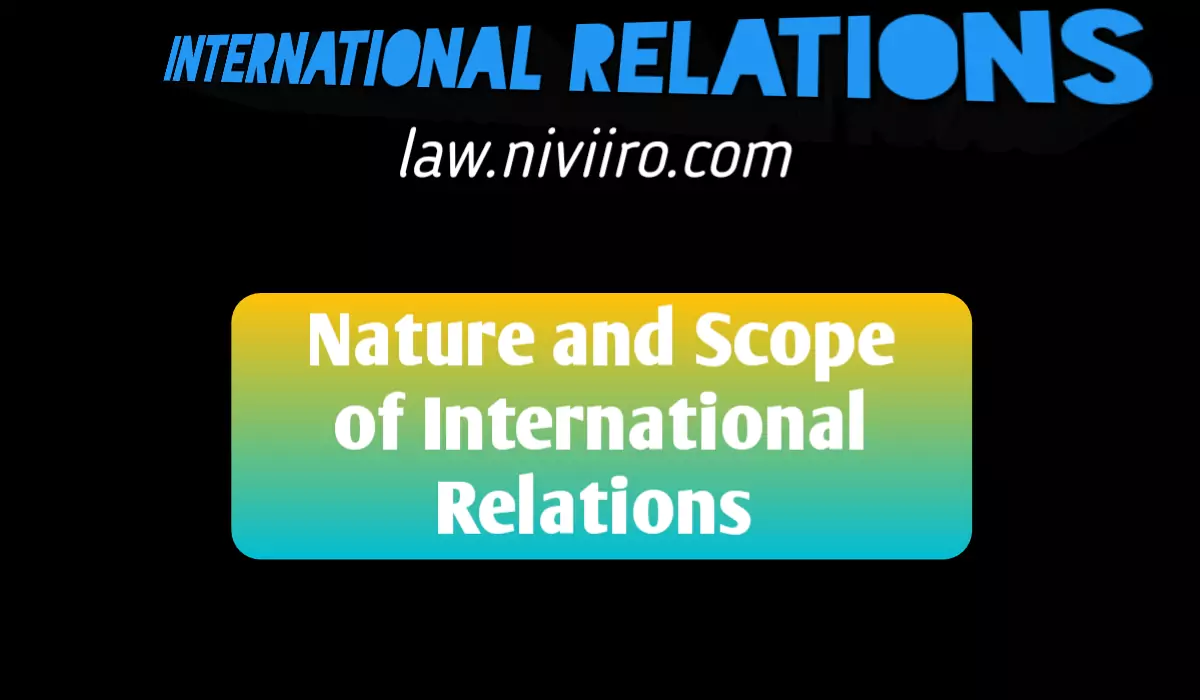
Nature and scope of International Relations
Nature and scope of International Relations – The study of interactions between various nations, international organisations, non-state actors, and transnational phenomena is the main focus of the large area of international relations (IR). It includes a broad range of issues and worries, such as political, economic, social, and cultural elements that affect how different actors…













